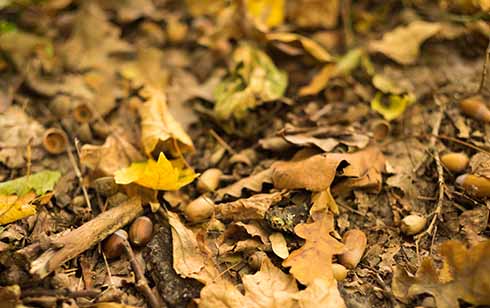 It is when we look outwards to others and recognise how much we depend on others and our world that supports us that we are the happiest.
It is when we look outwards to others and recognise how much we depend on others and our world that supports us that we are the happiest.
A Day of Happiness (20 March) sounds sweet, but is paradoxical. When we are happiest we don’t think about ourselves. We just get on with living. But if we make it our life’s business to be happy and spend our days planning it, we usually finish up being dissatisfied and discontented. It seems odd that a Day of Happiness should leave us feeling unhappy.
One sign of happiness in other people can be found in their self-forgetfulness. When we turn our attention away from ourselves to others, we feel great grief with them in their losses and sadness, and great joy with them in their good fortune. And we feel grateful for our relationship with them. Our feelings show that we are not isolated human beings who must hoard happiness.
LOOK OUTWARDS
We are shaped by our relationships to others and to our world. When we attend to those relationships and go out generously to others, we live fully. When we look inwards and ask ourselves what we can get from others, our lives become shrivelled. Our hearts rattle like the kernels in fallen acorns. The more we live to be happy, the more aware we become of our unhappiness.
The key to happiness lies in our relationships and in recognising how much we depend on other people and on the world that supports us. We are happiest when those relationships are respectful and when the people in our world care for one another. A happy society is one in which the relationships between people and groups in society are just, and where people keep in mind others in business, in government and in all the groups they belong to. To build happiness is to cease thinking of ourselves as competitive individuals whose lives turn around making profit from every exchange. We come to see our good to lie in the good of all.
Happiness is when all people can live freely and confidently without need to be silent, to flee or to endure in silence insults and violence. They know that other people are looking out for them.
WORLD POETRY DAY
The days of happiness and poetry fit well together. (World Poetry Day is on 21 March.) A good poem takes a great deal of time and work but offers no cash benefit. Poets see something freshly. Then they labour to find words, sounds and rhythms to express, to catch that moment or insight and to share it with others.
This takes great labour, is always frustrating and is never totally successful. The butterfly the poet tries to catch always flies away. But it is a happy craft in which poets who discover something new about the world and themselves share their vision and their delight in it with others.
We might not always associate happiness and poetry with working with the marginalised. Yet the joy of working with young people who have known much unhappiness is to see them grow and to respond self-forgetfully to others.
For many isolated young people, the Jesuit Social Services Artful Dodgers Program, which encourages them to compose songs and to paint, enables them to lose themselves as they express themselves in their singing and painting, and to share their work with others who are touched by it.
See also The value of poetry on the Australian Catholics website.